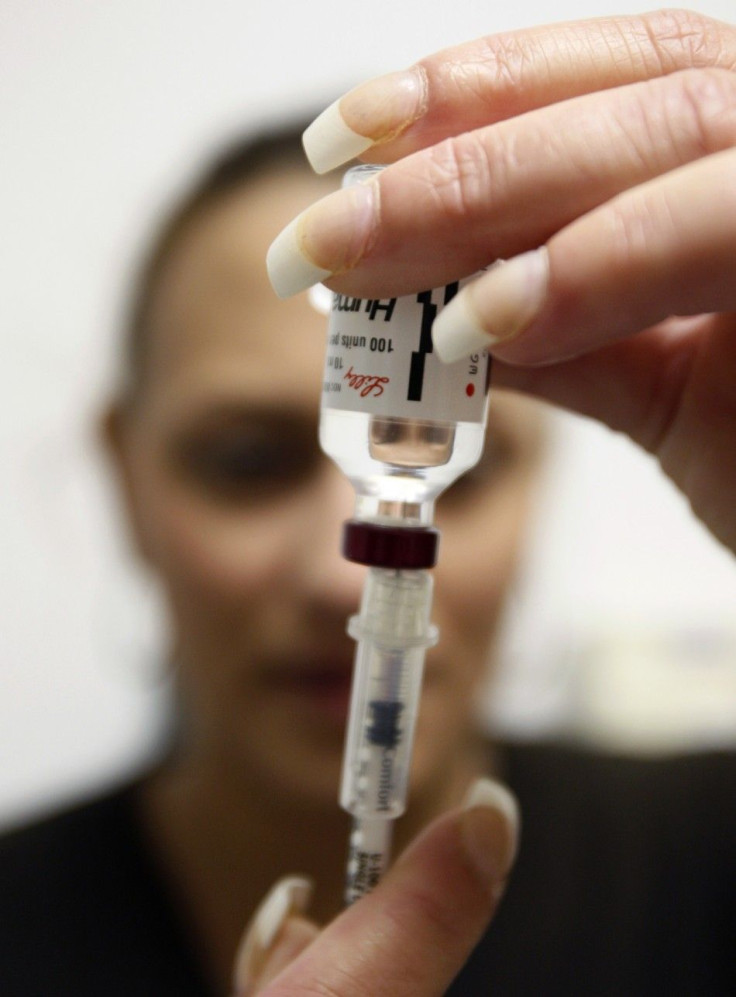A Shot of Nasal Spray Could Keep Alzheimer's Away: Study

It seems a shot of insulin does more than just keep diabetes's sufferers at bay, a new study has found that a daily dosage of insulin nasal spray can slow down the development of Alzheimer's disease.
A daily dosage of insulin nasal spray has had a positive impact on improving the memory of moderate Alzheimer's sufferers; a new pilot study has shown.
The pilot study led by Suzanne Craft of the Veterans Affairs Puget Sound Health Care System and carried out on a 104 patient found that insulin could improve memory of moderate Alzheimer sufferers and those with mild cognitive impairment (AMCI).
Patients who received 20 IU of intranasal insulin daily, over a period of four months, showed overall improvements to their cognitive functions, which were tested through story, recall tests.
The groups of patients at the average age of 72 were randomly divided into three and were given either a moderate, low or placebo dose of insulin spray through their nose.
Patients were told stories and tested over time to see how much of the details they could remember. After four months, those patients that were given the moderate 20 IU dose saw significant improvements in story recall and general thinking tests called ADAS-cog.
Those patients who were given a lower dose of the insulin also showed improvements. Our results suggest that the administration of intranasal insulin may have a therapeutic benefit for adults with aMCI or Alzheimer's disease, Craft and her colleagues wrote in the Archives of Neurology.
No similar associations were observed for the placebo group, suggesting that these correlations were not due to general factors such as disease progression, said Craft.
Alzheimer's patients are known to have decreased levels of insulin in their central nervous system, which can be critical for the normal functioning of the brain.
Dr. James Galvin of New York University Langone Medical Center said although the study was small, it provides some of the most convincing evidence to date that insulin treatment may alleviate symptoms of Alzheimer's disease, Reuters reported.
He also pointed to studies of large groups of people that have linked type 2 diabetes with Alzheimer's disease. Studies performed on mice that have been administered with insulin nasal spray have proven to improve their performance when genetically alters to develop Alzheimer's disease.
To make these findings more than just hopeful, researchers must carry out a much larger, longer study, now scheduled to begin next summer. Results from the larger study will not be available for at least 18 months after that, according to Robert Bazell, chief Science and Health correspondent of NBC news.
Alzheimer's Facts and Figures:
An estimated 5.4 million people have Alzheimer's disease according to the Alzheimer's Association with 14.9 million unpaid caregivers and 183 billion dollars in annual cost. Alzheimer's is the most common form of dementia. It is a disease that progressively worsens over time in its early stages, memory loss is mild, but with late-stage Alzheimer's, individuals lose the ability to carry on a conversation and respond to their environment. It is the sixth leading cause of death in the United States.
© Copyright IBTimes 2025. All rights reserved.





















